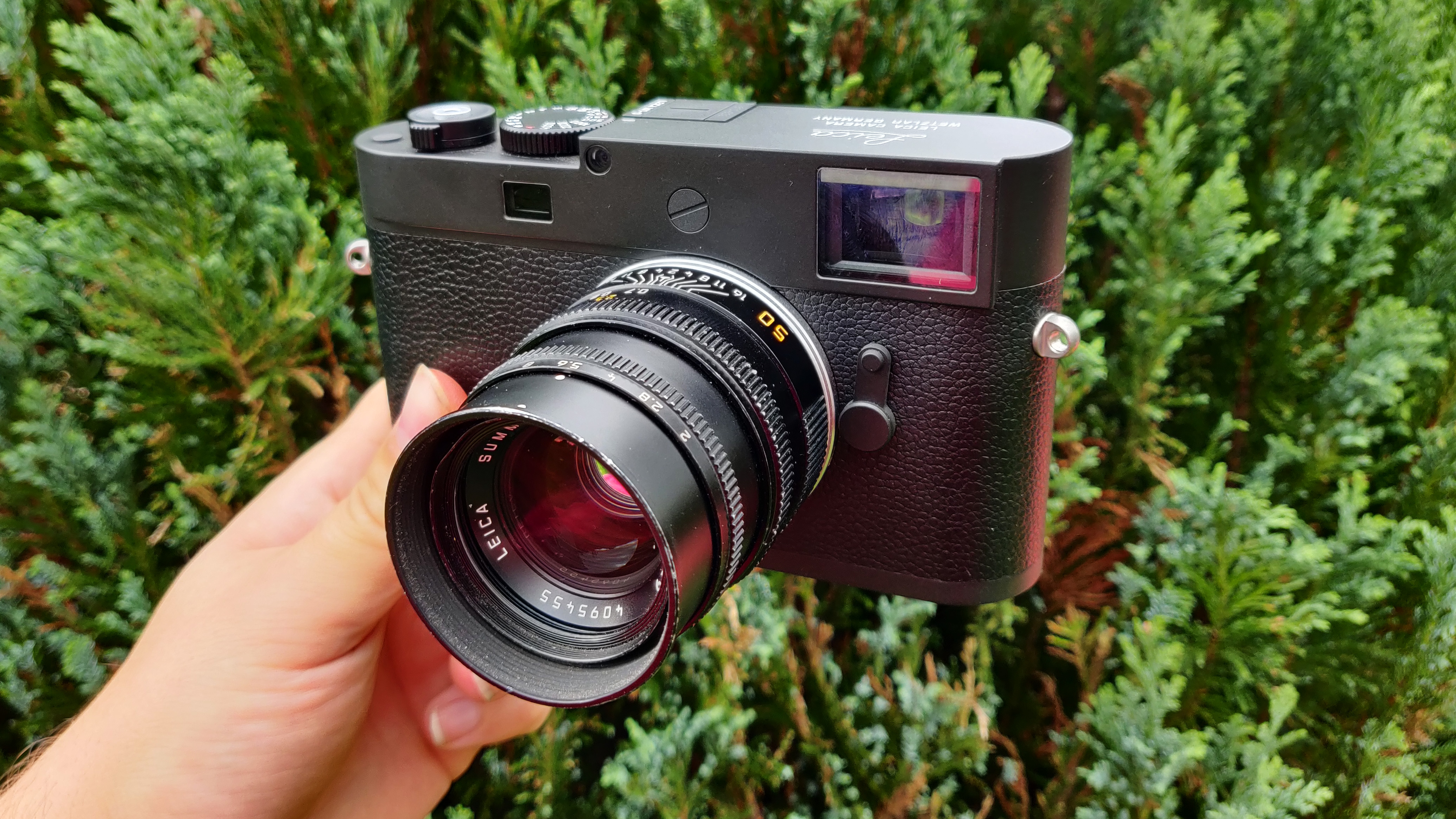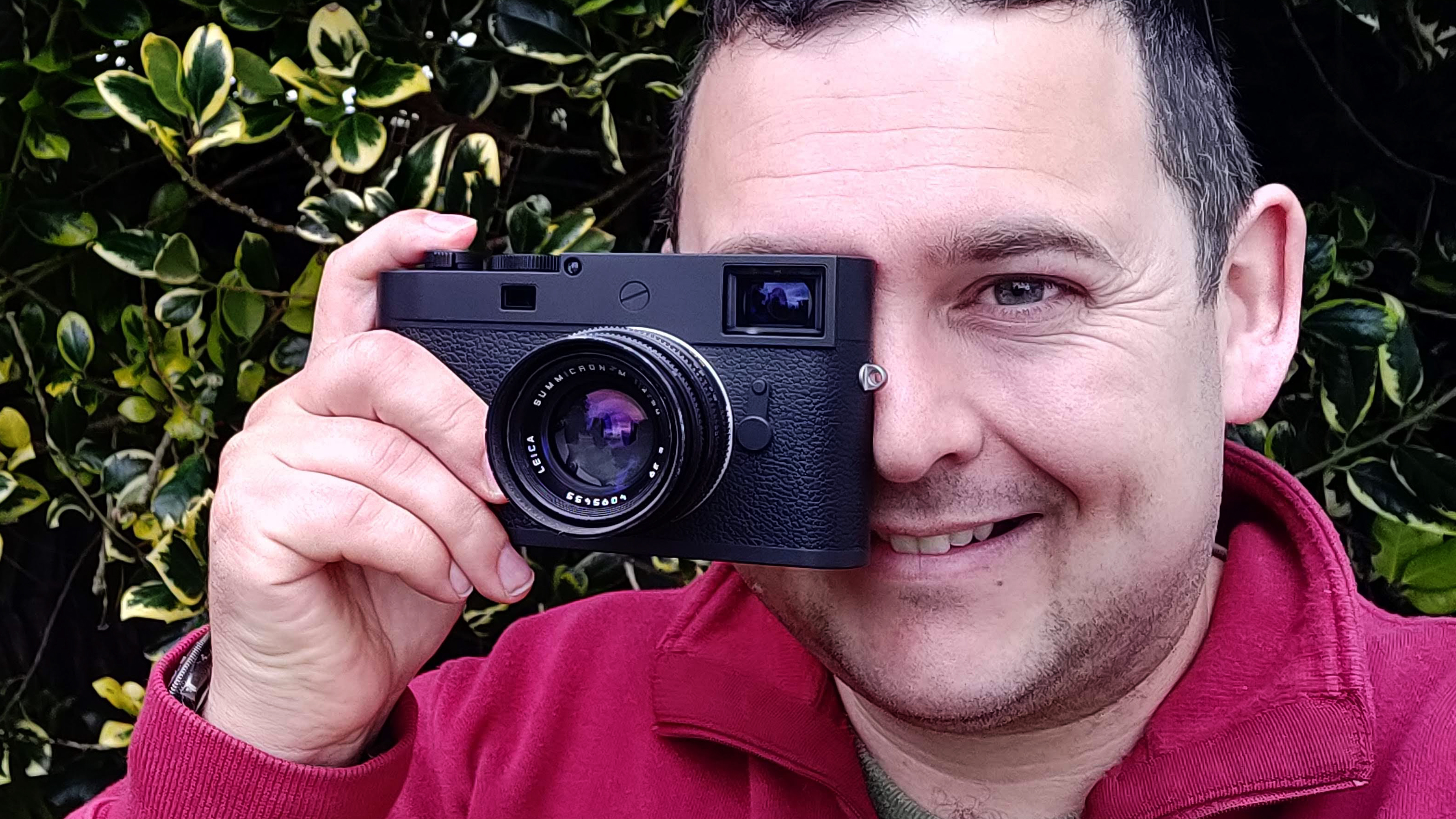
The Leica M11-D is a camera that embraces the past while embracing the cutting edge of modern photography. By removing the rear LCD screen, Leica has crafted a camera that compels photographers to focus entirely on their subject and composition, reminiscent of the analog days of film photography.
But make no mistake – the M11-D is anything but old-fashioned under the hood. The same 60 MP full-frame sensor and advanced Triple Resolution technology found in the Leica M11 offer the power and precision to capture stunning, high-quality images.
This combination of analog mindset and digital precision sets the M11-D apart from the crowd, offering a unique photographic experience that challenges the modern photographer to slow down and become more intentional with every shot. Whether you’re a street photographer looking for discretion or a purist craving a deeper connection with the craft, the M11-D stands ready as a timeless tool designed for those who value both heritage and innovation.
Leica M11-D: Specifications
Sensor: 60.3MP full-frame CMOS
Image processor: Maestro III
AF points: N/A
ISO range: 64 to 50,000
Max image size: 9,528 x 6,328
Metering modes: Spot, Center-Weighted, Multi-Field
Video: N/A
Viewfinder: Direct vision rangefinder type, 0.73x magnification, parallax compensation
Memory cards: SD/SDHC/SDXC, UHS-II
Max burst: 4.5fps
Connectivity: Wi-Fi, Bluetooth
Size: 5.8 x 3.2 x 1.51" / 147.2 x 80.3 x 38.45 mm
Weight: 1.2 lb / 539 g (With Battery)
Leica M11-D: Design & Handling

The design philosophy from Leica with the M11-D is nothing short of brilliant in its simplicity. The removal of the rear LCD screen might seem like a bold or even regressive move at first, but for those who understand Leica’s design ethos, it’s a calculated step toward immersive photography.
By eliminating the display, the M11-D encourages the photographer to engage with their surroundings and subject matter, rather than the camera itself. The result? A camera that is unassuming yet powerful, stripping away the distractions of digital previews in favor of a more mindful photographic process.
The compact size and lack of a screen give the M11-D a classic look reminiscent of Leica’s iconic film cameras. The black finish gives it an elegant yet durable exterior. While it doesn’t come with the convenience of modern ergonomics, this is in line with Leica’s traditional design approach, prioritizing minimalism over added bulk.
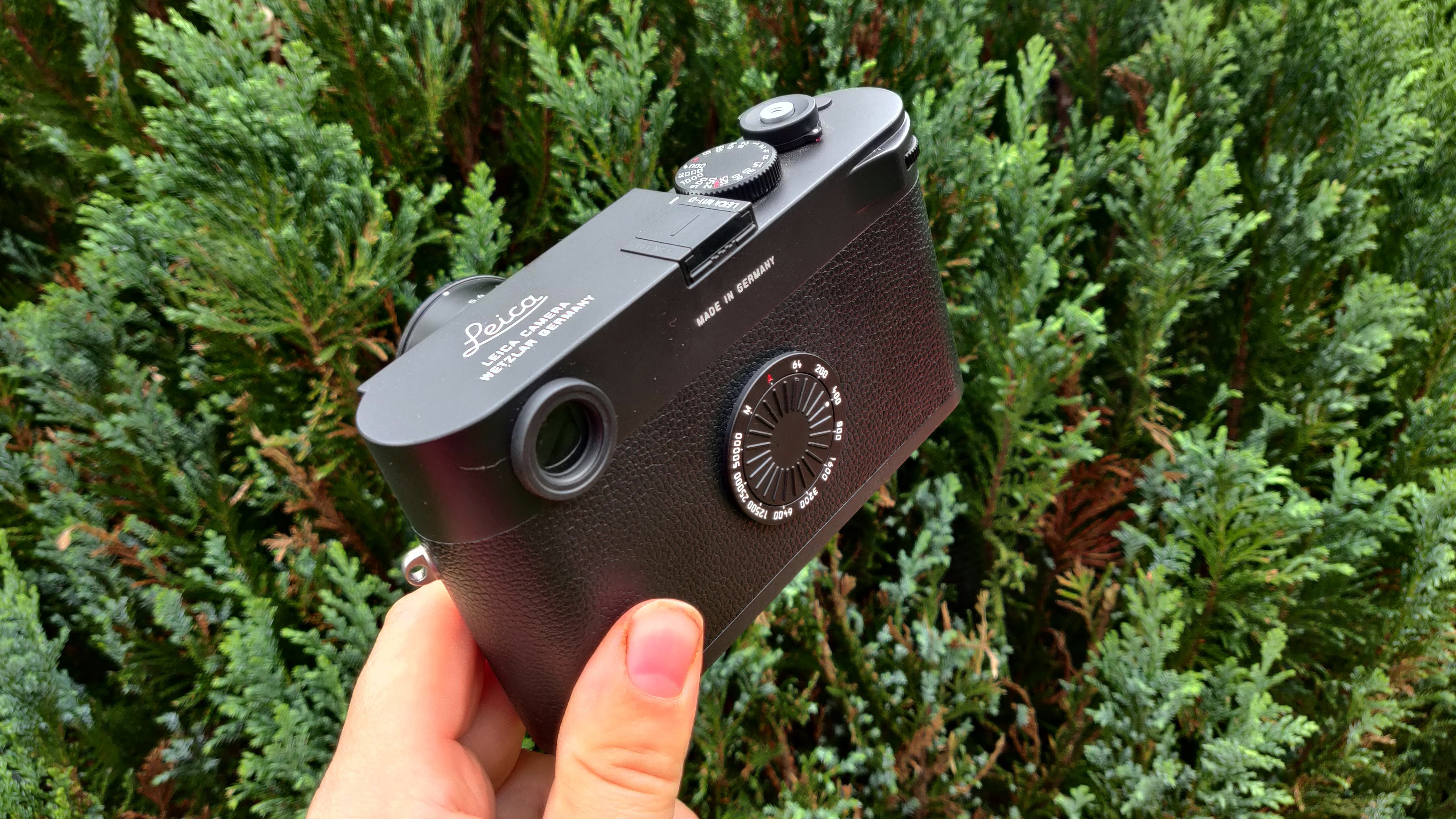
The decision to remove Leica’s signature red dot logo only enhances the camera’s discretion, making it an ideal choice for street photographers or those who prefer not to draw attention. The quietness and compactness of the M11-D, combined with the manual control scheme, offer a tactile and intuitive handling experience. In an era dominated by autofocus and instant image review, this camera offers a refreshing departure into a more considered, intentional style of shooting.
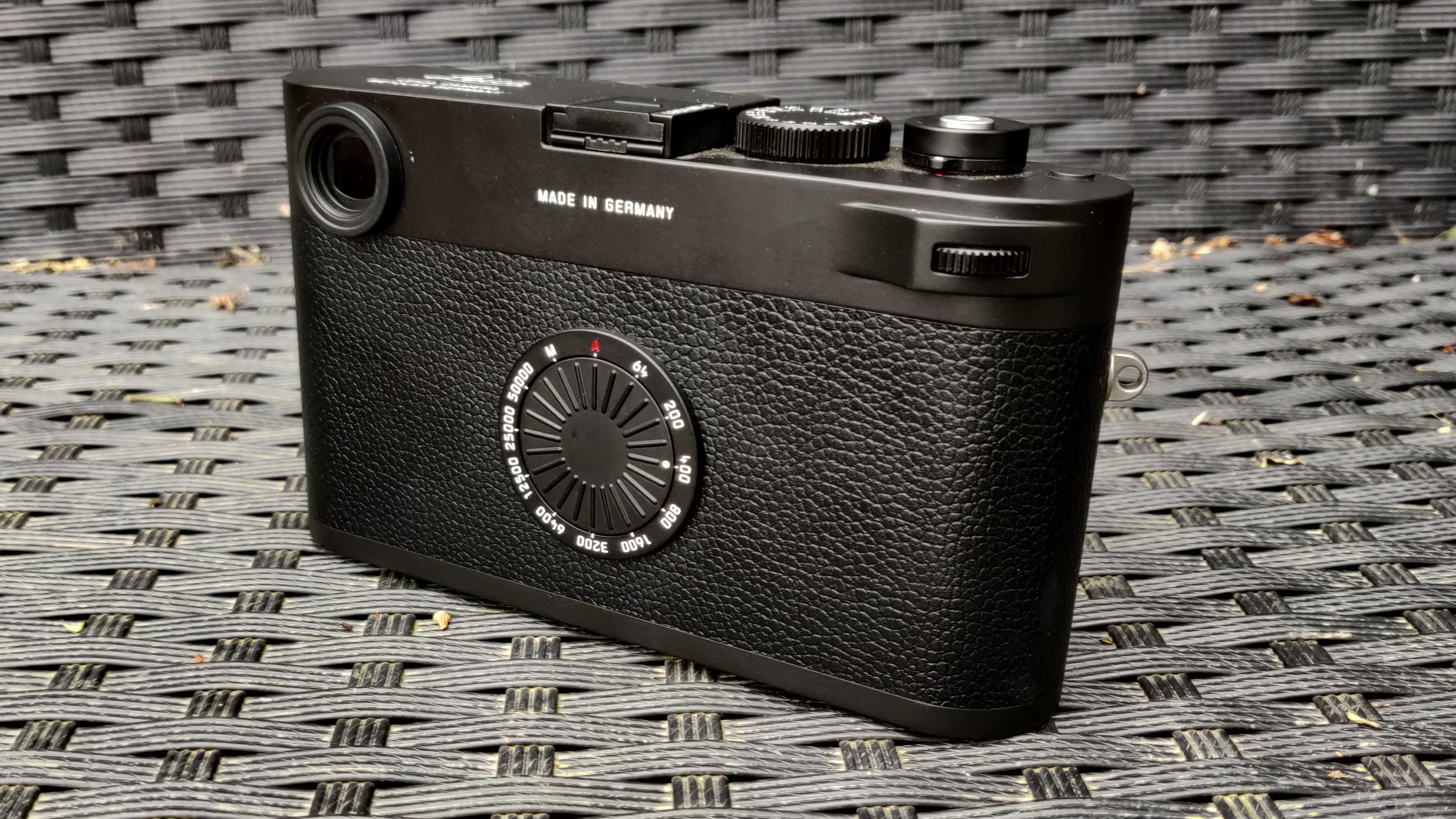
Leica M11-D: Performance
Beneath the classic design, the M11-D houses some of the most advanced imaging technology available. Its 60MP full-frame CMOS sensor with Triple Resolution technology is shared with the Leica M11 and M11-P, it offers three distinct resolutions – 60MP, 36MP, and 18MP – each with its advantages. The higher resolution allows for impeccable detail and large prints, while the lower resolutions provide better dynamic range and lower noise levels, especially useful in challenging lighting conditions.
One of the key aspects of using the M11-D is how it pushes you to focus on your photographic technique. Without a screen, you are forced to trust your skills in composition, lighting, and exposure. This brings an analog-like experience to the digital realm.
Much like shooting with film, the M11-D makes you pause, think, and then press the shutter only when you are confident in your frame. This thoughtful process results in more intentional images, where every shot counts.
Leica’s M-series lenses further enhance the camera’s performance. These lenses, known for their compactness and exquisite optical quality, work harmoniously with the M11-D to produce images with rich, vibrant colors and the characteristic "Leica look." The out-of-focus areas, or bokeh, are smooth and pleasing to the eye, lending a unique depth to portraits and street photography.
Focusing is manual, as with all Leica rangefinders, which can present a learning curve for some users. However, the optical viewfinder is bright and precise, allowing for accurate focusing once you get the hang of it. While this camera may not be ideal for action photography, it excels in more deliberate scenarios where you have the time to carefully compose and focus.

Leica M11-D: Sample Images
All these sample images in this review were taken across a cold but sunny week I spent with the camera. Leica also provided the excellent Leica Summicron-M 50mm f/2 ASPH lens, which is a great length for street scenes.


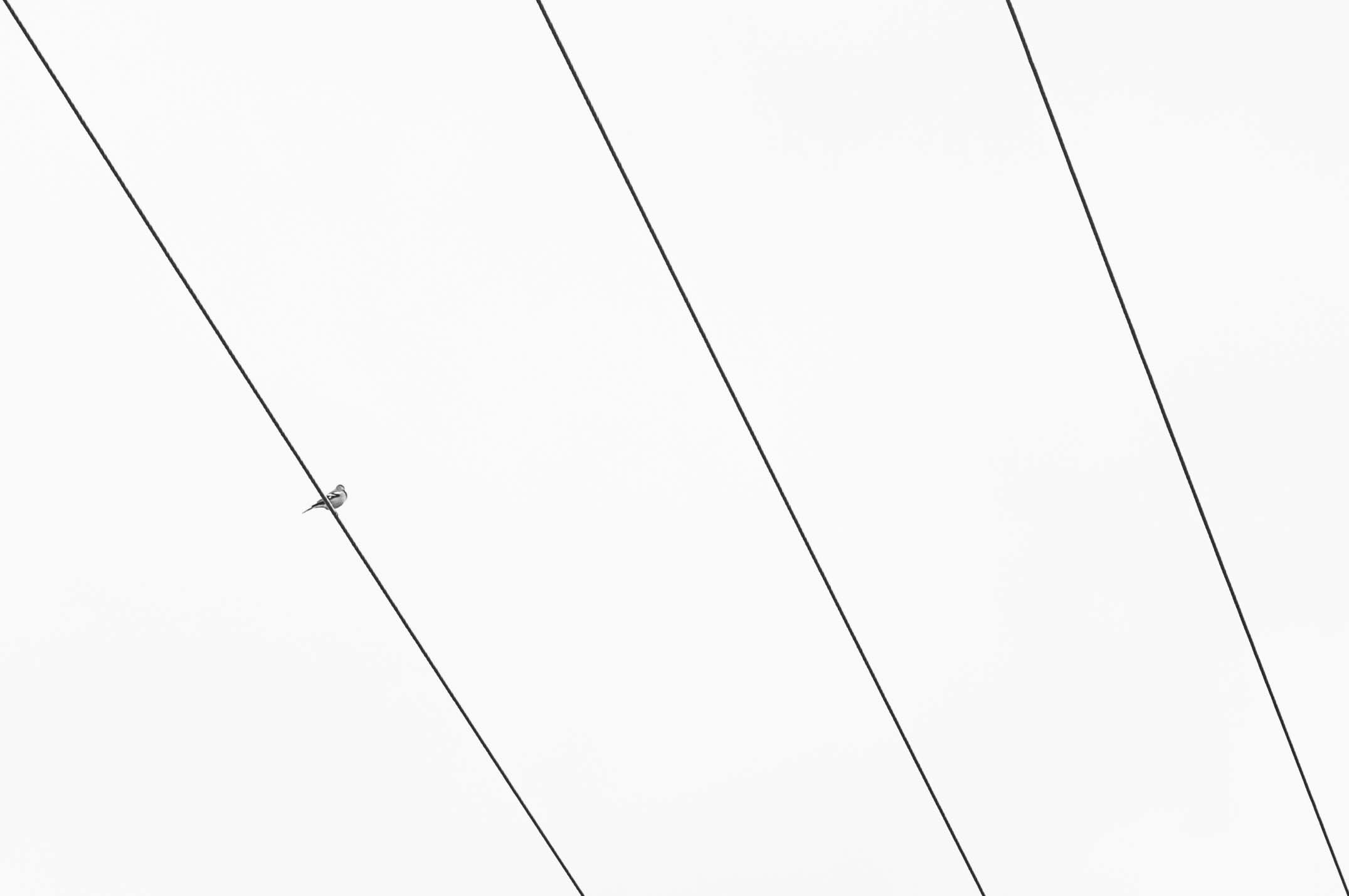

Leica M11-D: Final Verdict
The Leica M11-D is more than just another variant of the M11 series—it’s a statement piece. In an era where digital cameras are loaded with features that cater to instant gratification, the M11-D takes a step back and invites photographers to slow down.
By removing the rear LCD screen, Leica forces you to rely on your instincts and trust in your abilities as a photographer. It’s a liberating experience, one that places you fully in the moment, just as film cameras did in the past.
Additionally, Leica’s forward-thinking inclusion of content credentials under the Content Authenticity Initiative (CAI) highlights the brand’s commitment to addressing the challenges of digital image manipulation. While this technology is still in its early stages, it has the potential to become a valuable tool in safeguarding the authenticity of images in an increasingly AI-driven world.
It’s not a camera for everyone, especially not for those who prioritize convenience. speed, and of course image review. However, for purists who crave a more mindful approach to photography, the M11-D is a dream.
✅ Buy this if...
- You want full manual controls
- You want the film experiance, but digital convenience
- You like the instant shareabiltiy within the app
🚫 Don't buy this if...
- You take a lot of photos of fast-moving subjects
- You are on a strict budget
- You don't want to use your phone for previewing all images
